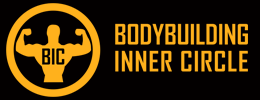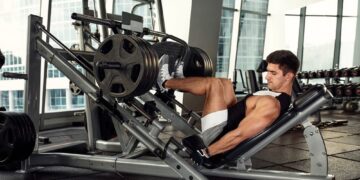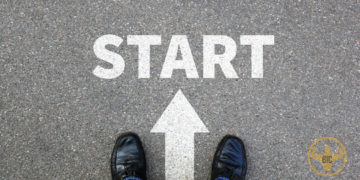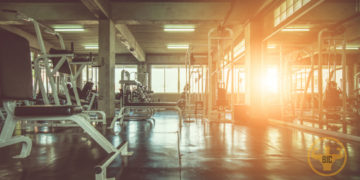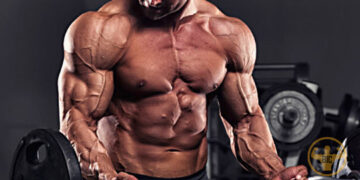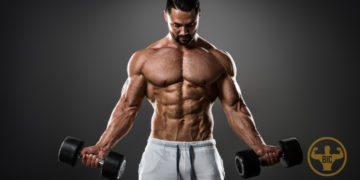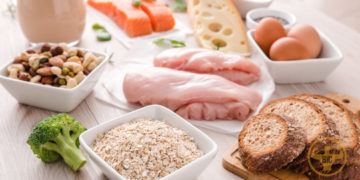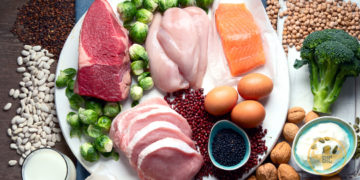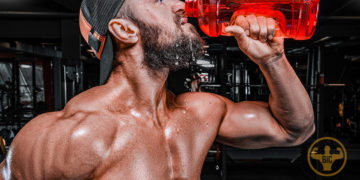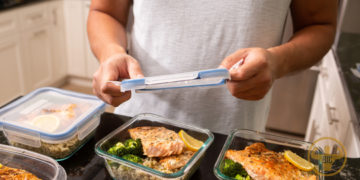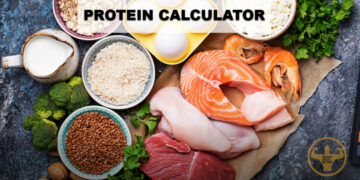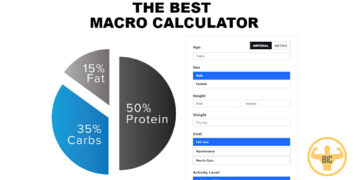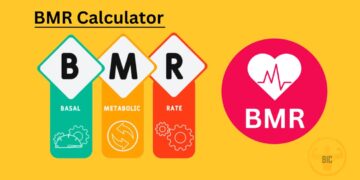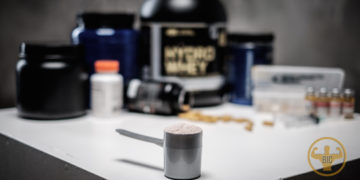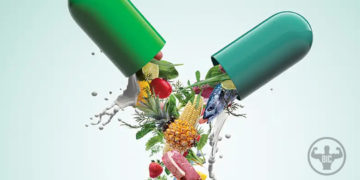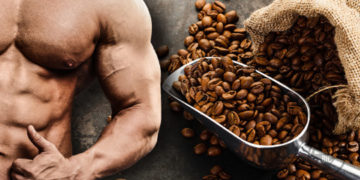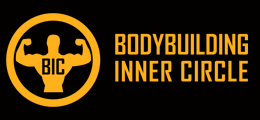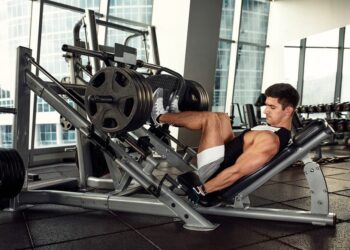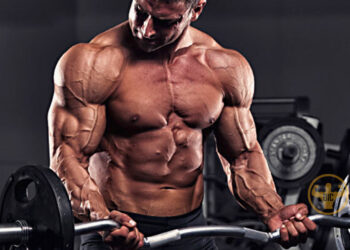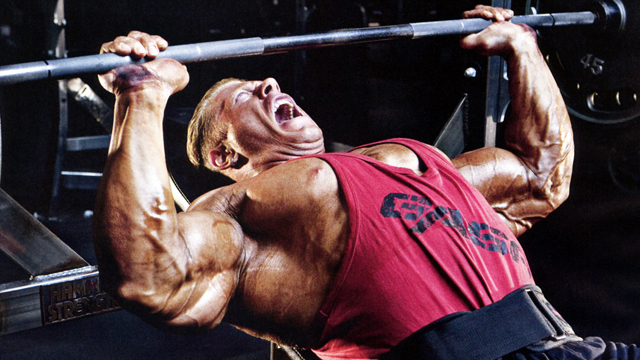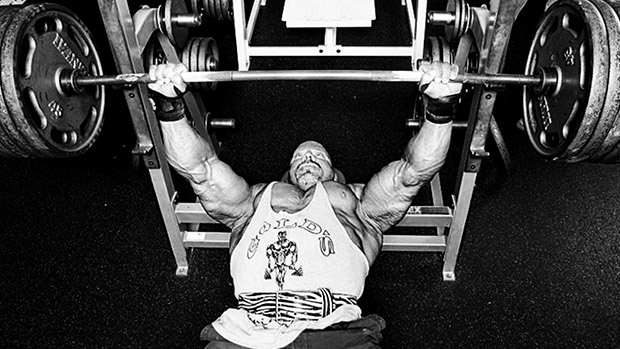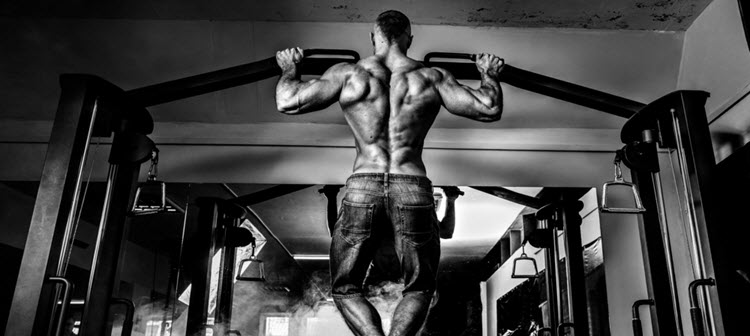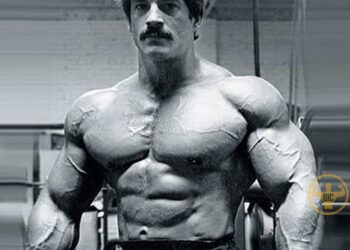When it comes to bodybuilding, proper nutrition plays a vital role in supporting muscle growth and aiding recovery. The right combination of macronutrients and micronutrients can fuel intense workouts, stimulate muscle protein synthesis, and enhance overall performance. In this article, we will explore the best foods that promote muscle growth and facilitate recovery in bodybuilding. From lean proteins to complex carbohydrates and essential fats, these dietary choices will help you optimize your training results.
Importance of Nutrition in Bodybuilding
In bodybuilding, nutrition is often referred to as the foundation of success. Your diet provides the building blocks for muscle growth, repair, and recovery. With proper nutrition, all your hard work at the gym may be well-spent. To maximize your gains and achieve your bodybuilding goals, paying attention to what you eat is crucial.
Protein-Packed Foods for Muscle Growth
Protein is the cornerstone of muscle growth, providing the necessary amino acids for repairing and building new muscle tissue. Include the following protein-rich foods in your diet:
Lean Meats and Poultry
Lean meats such as chicken breast, turkey, and lean cuts of beef are excellent sources of high-quality protein. They are also rich in essential amino acids crucial for muscle repair and growth.
Fish and Seafood
Fish and seafood, such as salmon, tuna, and shrimp, are packed with protein and contain omega-3 fatty acids. Omega-3s have anti-inflammatory properties that can aid muscle recovery and reduce exercise-induced muscle damage.
Plant-Based Proteins
Plant-based protein sources like tofu, tempeh, lentils, and quinoa can provide the necessary protein intake for vegetarian or vegan bodybuilders. These options are also high in fibre and offer various other health benefits.
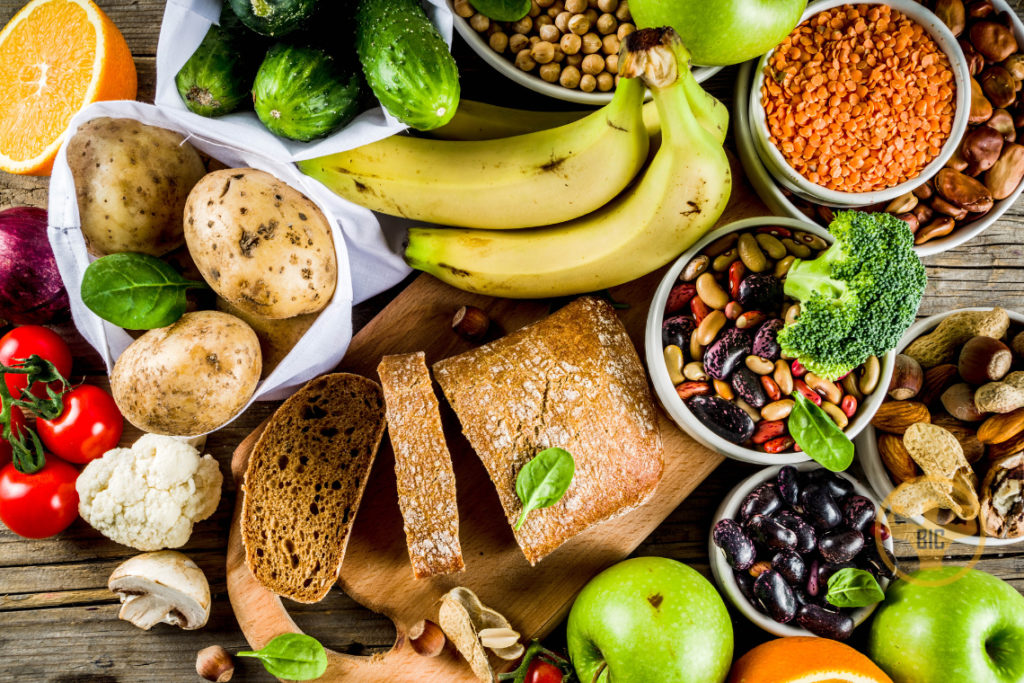
Complex Carbohydrates for Energy
Carbohydrates are the primary fuel source for intense workouts, providing the energy to push through challenging training sessions. Opt for complex carbohydrates that offer sustained energy release:
Whole Grains
Include whole grains like brown rice, quinoa, oats, and whole wheat bread. These grains are rich in fibre, vitamins, and minerals, promoting overall health while providing a steady energy supply.
Sweet Potatoes
Sweet potatoes are a nutritious carbohydrate source rich in antioxidants and fibre. They provide a slow and steady release of energy, making them an ideal choice for bodybuilders.
Fruits and Vegetables
Incorporate a variety of fruits and vegetables into your meals to obtain essential vitamins, minerals, and antioxidants. These nutrient-dense foods support overall health and contribute to optimal muscle function.
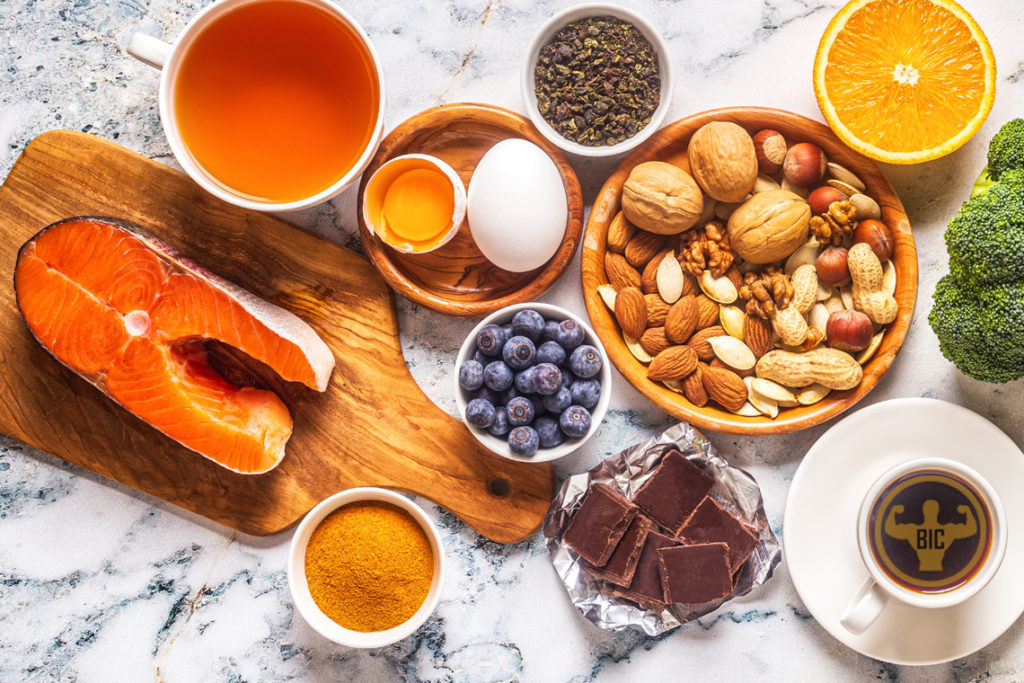
Healthy Fats for Optimal Recovery
Including healthy fats in your diet is essential for hormone production, joint health, and absorbing fat-soluble vitamins. Choose the following sources of healthy fats:
Avocado
Avocado is a rich source of monounsaturated fats, which are beneficial for heart health and provide a concentrated energy source. Additionally, avocados offer essential vitamins and minerals.
Nuts and Seeds
Almonds, walnuts, chia seeds, and flaxseeds are excellent sources of healthy fats. They also provide a good amount of protein and fibre, making them a nutritious snack for bodybuilders.
Olive Oil
Olive oil is a staple in the Mediterranean diet and offers numerous health benefits. It contains monounsaturated fats and is anti-inflammatory, promoting muscle recovery and overall well-being.
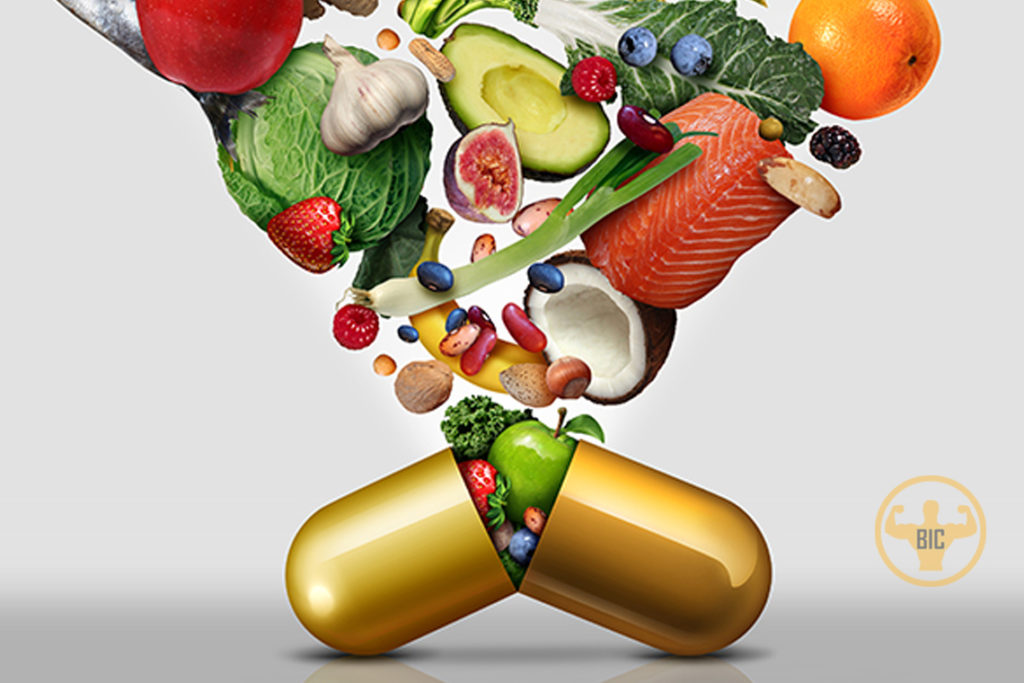
Essential Micronutrients for Muscle Health
In addition to macronutrients, bodybuilders should focus on consuming adequate amounts of essential micronutrients to support muscle health and optimize performance. Incorporate the following foods into your diet:
Leafy Green Vegetables
Dark, leafy greens like spinach, kale, and broccoli contain vitamins, minerals, and antioxidants. They help combat oxidative stress, reduce inflammation, and support muscle function.
Berries
Berries like blueberries, strawberries, and raspberries are rich in antioxidants, which aid in reducing muscle soreness and inflammation. They also provide a natural source of sweetness in your meals.
Citrus Fruits
Citrus fruits, including oranges, grapefruits, and lemons, are high in vitamin C. Vitamin C plays a crucial role in collagen synthesis, which supports connective tissues and aids in muscle recovery.
Hydration for Performance and Recovery
Staying hydrated is essential for optimal performance and recovery. Water is involved in various physiological processes and helps maintain muscle function. Aim to drink adequate water throughout the day, especially during workouts.
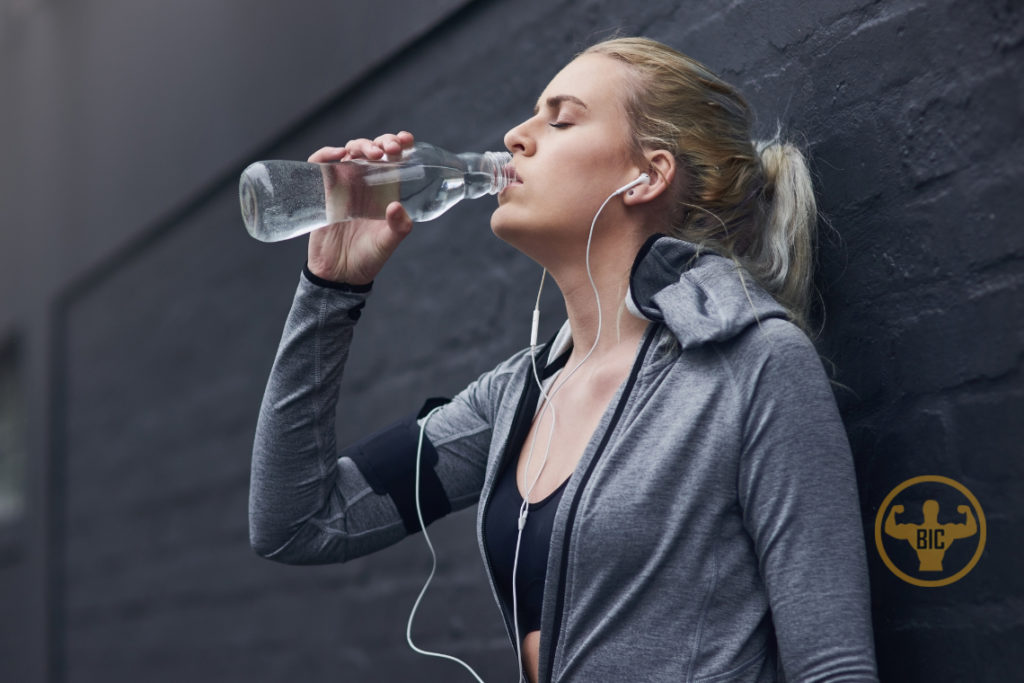
Pre and Post-Workout Nutrition Strategies
Proper nutrition before and after workouts can enhance performance, muscle protein synthesis, and recovery. Consider the following strategies:
Pre-Workout
Consume a balanced meal or snack that includes a combination of carbohydrates and protein. This will provide the necessary energy for your workout and help prevent muscle breakdown.
Post-Workout
Within the first hour after your workout, consume a protein-rich meal or shake to kick-start the muscle repair process. Pair it with carbohydrates to replenish glycogen stores and aid in recovery.

Optimizing Meal Timing and Frequency
To support muscle growth and recovery, you must spread your meals throughout the day and maintain a consistent eating schedule. Aim to eat every 2-3 hours and ensure each meal contains a balance of macronutrients.
Supplementation for Muscle Growth and Recovery
While a well-rounded diet should provide most of the necessary nutrients, certain supplements can complement your nutrition plan. Consult a healthcare professional or nutritionist to determine if supplementation suits your needs.
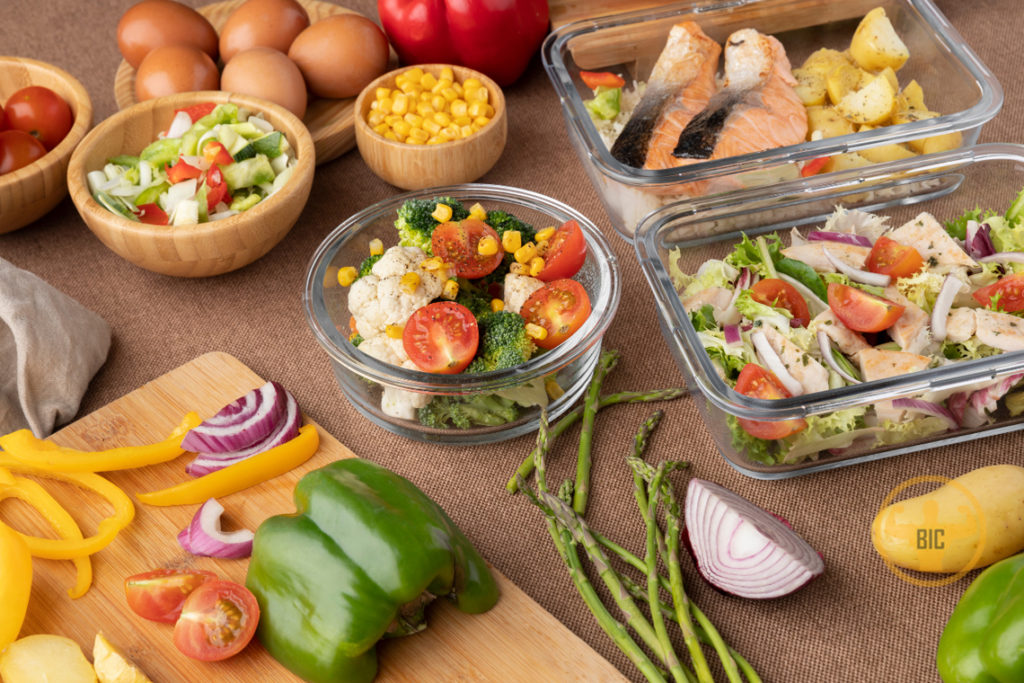
Sample Meal Plan for Bodybuilders
Here’s a sample meal plan to give you an idea of how to structure your meals for muscle growth and recovery:
Breakfast: Scrambled eggs with spinach and whole wheat toast
Mid-Morning Snack: Greek yoghurt with berries and a handful of almonds
Lunch: Grilled chicken breast with quinoa and roasted vegetables
Afternoon Snack: Protein shake with banana and almond butter
Dinner: Baked salmon with sweet potato and steamed broccoli
Evening Snack: Cottage cheese with sliced fruit and a drizzle of honey
The Role of Rest and Sleep
Rest and sleep are crucial components of muscle growth and recovery. Allow your body enough time to rest between workouts, and aim for 7-9 hours of quality sleep each night. This ensures optimal hormone production and tissue repair.
Common Mistakes to Avoid
Avoid these common mistakes that can hinder muscle growth and recovery:
- Neglecting proper nutrition
- Overtraining without adequate rest
- Relying solely on supplements
- Inconsistent meal timing and frequency
- Insufficient hydration
Tracking Progress and Adjusting Your Diet
Keep track of your progress by monitoring changes in strength, muscle mass, and body composition. Adjust your diet and training regimen accordingly to continue progressing toward your goals if necessary.
Maintaining a Balanced and Sustainable Approach
Remember that achieving optimal muscle growth and recovery is a long-term process. Maintain a balanced and sustainable approach to nutrition, training, and overall lifestyle. Consistency and patience are key.
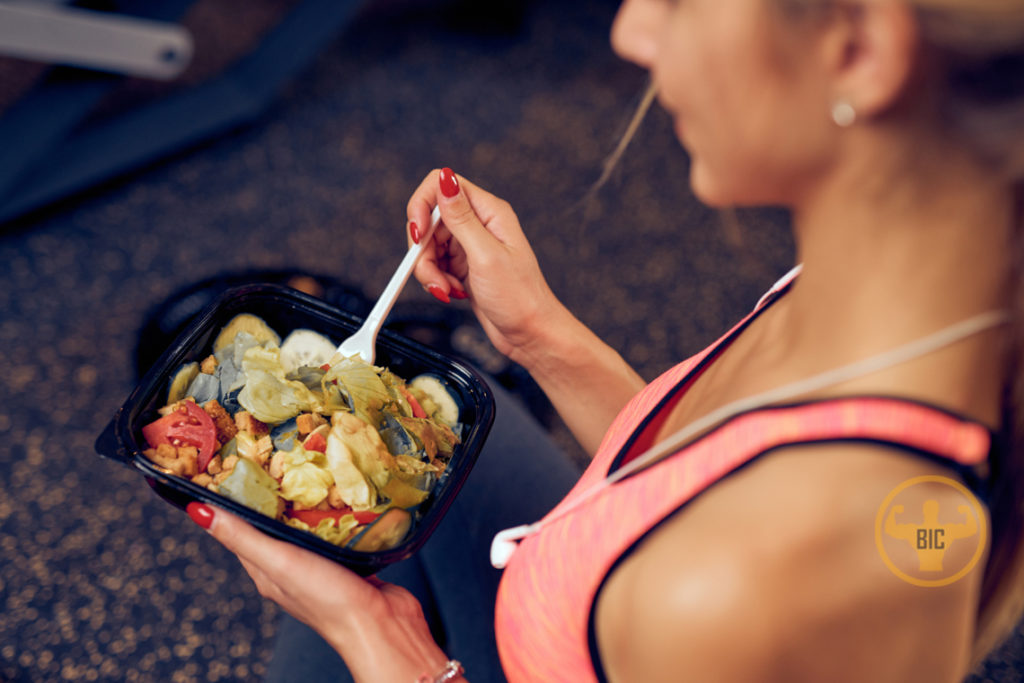
ConclusionProper nutrition is crucial in maximizing muscle growth and facilitating recovery for bodybuilders. You can optimize your training results by incorporating protein-packed foods, complex carbohydrates, healthy fats, and essential micronutrients into your diet. Additionally, paying attention to pre and post-workout nutrition, hydration, and rest will contribute to your overall success. Consult with a healthcare professional or nutritionist to customize your diet based on your needs and goals.
FAQs
Q1: Can I build muscle without focusing on nutrition?
While exercise is essential for muscle growth, proper nutrition is equally important. Without adequate nutrition, your body lacks the necessary fuel and building blocks for muscle repair and growth.
Q2: Should I only consume animal-based protein sources for muscle growth?
No, plenty of plant-based protein sources can support muscle growth. Foods like tofu, lentils, and quinoa are protein-rich and offer additional health benefits.
Q3: Is it necessary to consume supplements for muscle growth?
Supplements are optional for muscle growth if you have a well-rounded diet. However, certain supplements can be beneficial in meeting specific nutrient needs. Consult with a healthcare professional or nutritionist to determine if supplementation is necessary.
Q4: How long does it take to see muscle growth results?
The timeline for muscle growth results varies depending on several factors, including your training intensity, nutrition, genetics, and overall consistency. Staying committed and patient is important, as muscle growth is a gradual process.
Q5: Can I build muscle without getting enough rest and sleep?
Rest and sleep are crucial for muscle growth and recovery. With sufficient rest, your body may have the time to repair and build new muscle tissue. Aim for 7-9 hours of quality sleep each night and allow for rest days in your training routine.
